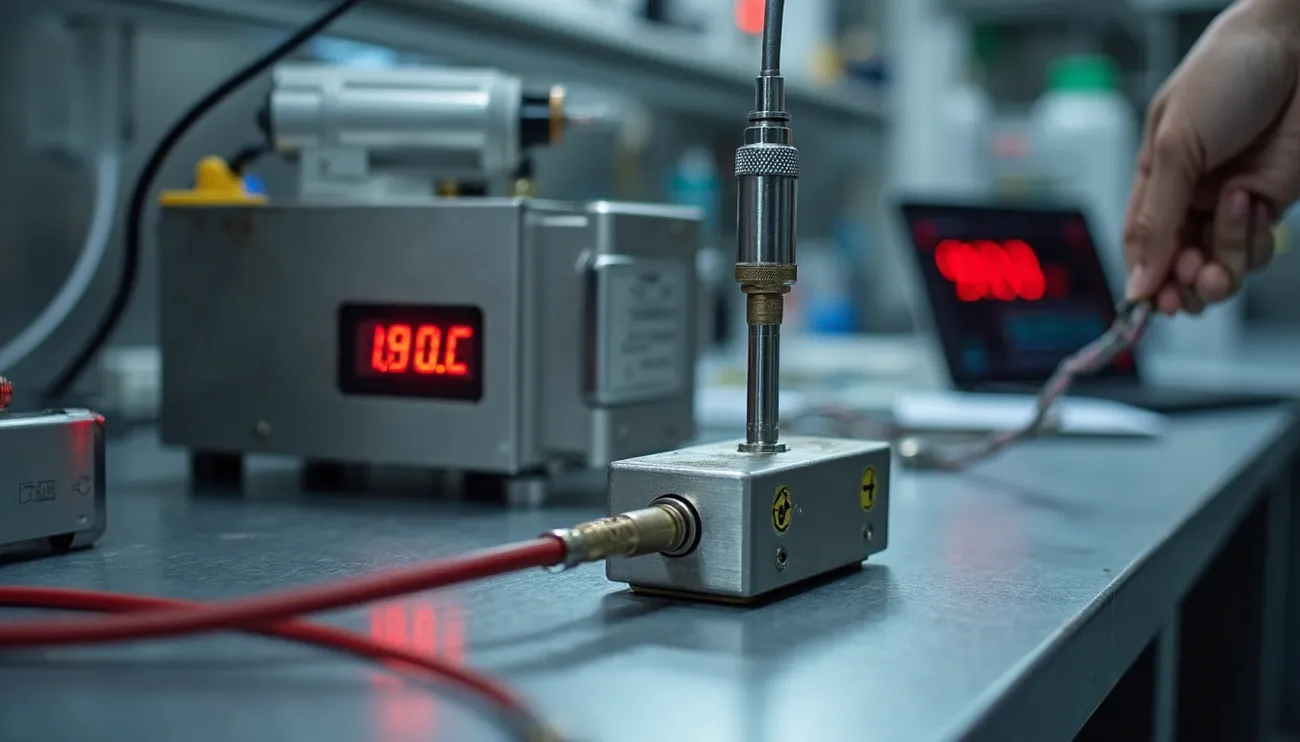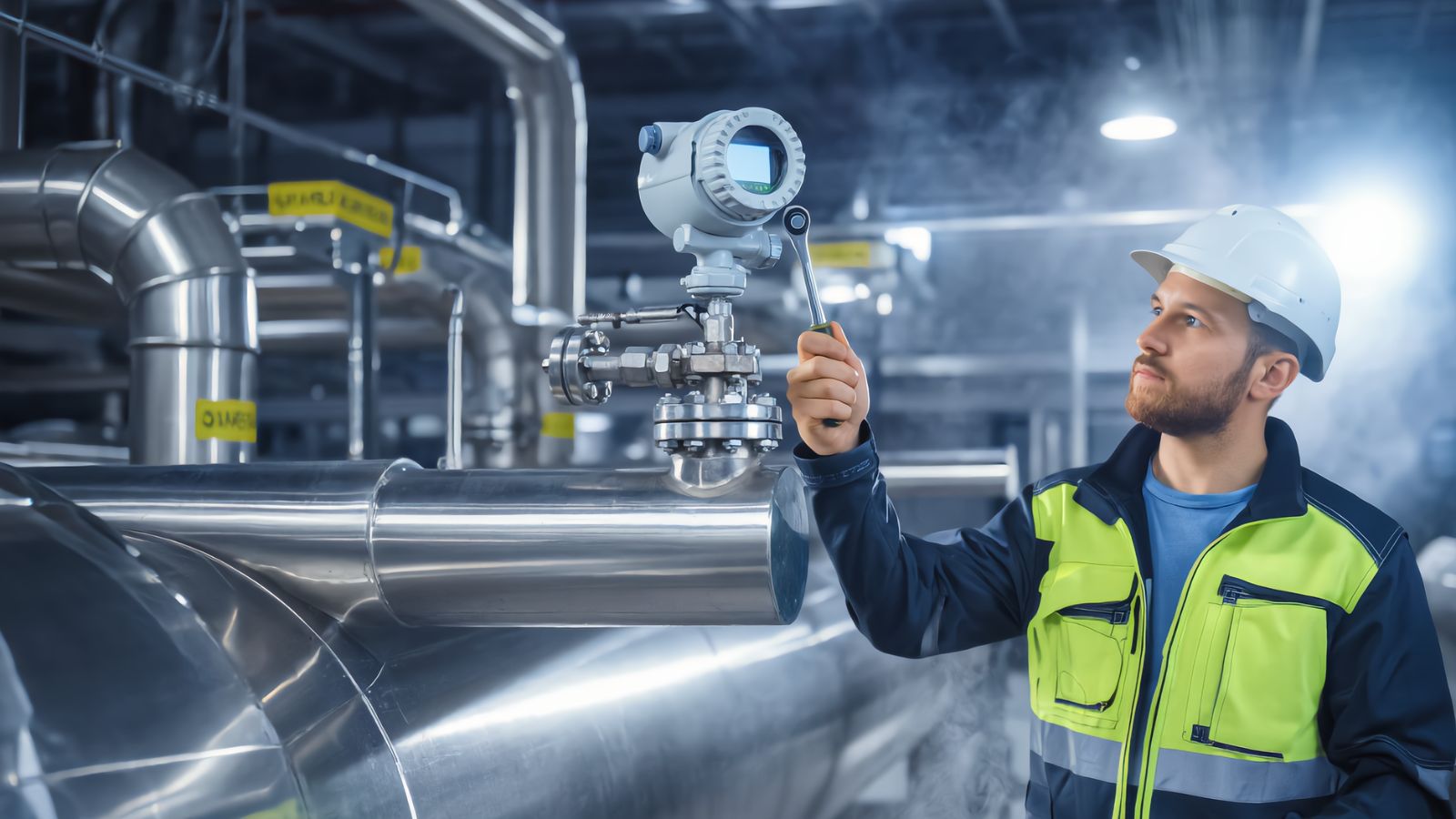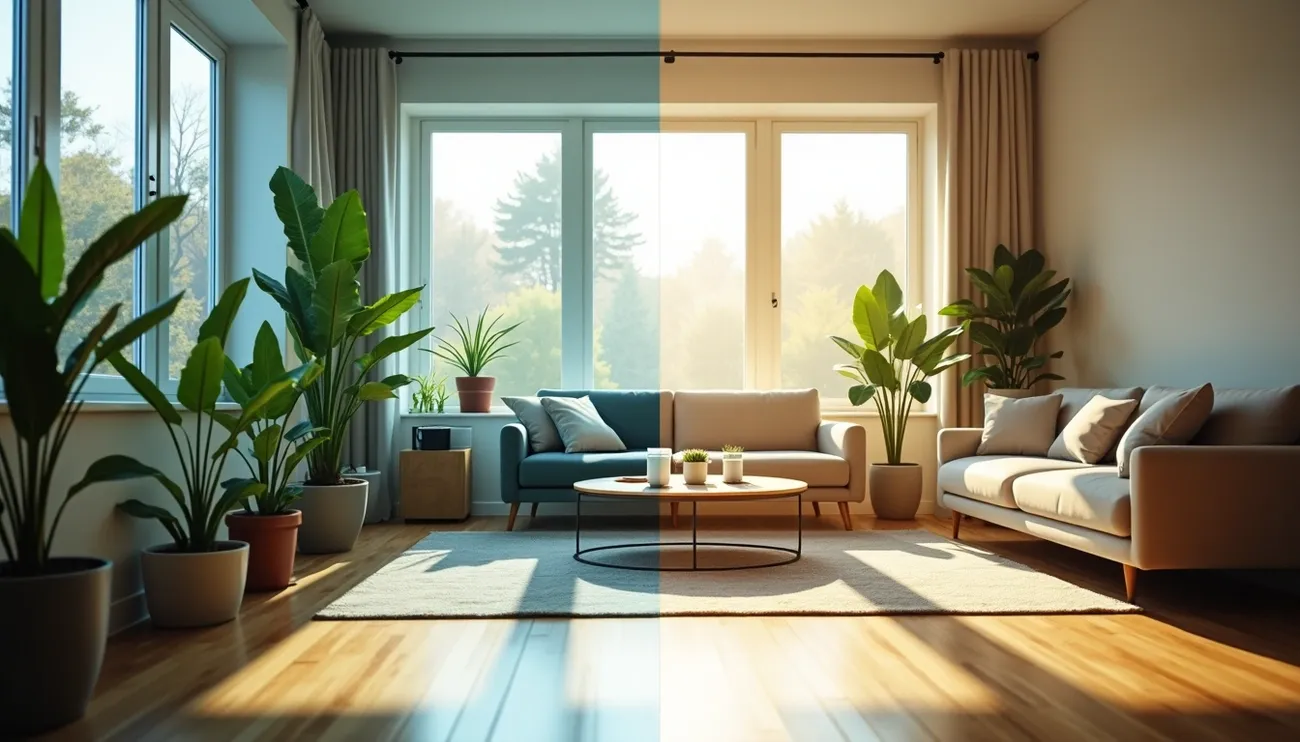What is noise ?
Simply put, all the unwanted sounds of people can be called noise. Noise is everywhere, and continuous strong noise will affect people’s normal life. When noise brings adverse effects on people, it becomes a kind of pollution. Noise pollution damages people’s hearing, disturbs people’s sleep, and also affects people’s nervous system… In the long run, it will cause great harm to people’s physical and mental health.
The impact of noise pollution can not be ignored, therefore, the control of noise can not be ignored. In recent years, noise complaints have occurred from time to time. Among all the sources of noise complaints, social life has the most complaints, followed by construction noise complaints, which fully shows that noise pollution has seriously affected people’s daily activities and needs to be strengthened. Governance. In order to further standardize the management of noise in various parts of the city, the municipal governments have issued relevant document requirements according to the actual local conditions, and expressed their support for the use of scientific and technological means to strengthen the supervision of noise sources such as construction sites. The relevant factors are adjusted, and strive to achieve the purpose of construction and other noise not disturbing the people.
To deal with noise pollution, our company has developed a noise sensor.
What is a noise sensor ?
The noise sensor is equipped with a high-sensitivity electret condenser microphone. When the object produces sound, the sound wave causes the electret film in the microphone to vibrate and displace, resulting in a change in capacitance, thereby generating a correspondingly changed tiny voltage to achieve Conversion of optical signals to electrical signals.
3 types of noise sensor
The noise sensors of three housings developed by our company and their main applications
1. Wall-mounted Prince Shell Noise Sensor
The wall-mounted king-shaped shell noise sensor adopts the wall-mounted installation method, which is suitable for indoor use. If it is used for indoor monitoring such as substations, you can choose a noise sensor with a wall-mounted king-shaped shell. It only needs 2 screws to install it on the wall, which is very convenient.

2. Louver box noise sensor
The louver box noise sensor has good anti-rain, snow, dust-proof effect, and has good air mobility and anti-ultraviolet radiation intensity, which is suitable for use in various outdoor environments. If it is used in construction sites, the noise sensor of the shutter box can be selected. Its main feature is waterproof, and the rain and snow weather has little effect on it.

3. Long rod noise sensor
The housing of the long-rod noise sensor is made of 304 stainless steel and is flange-mounted, which is suitable for use in industrial environments such as workshops.

Features of noise sensor
① The noise sensor adopts a highly sensitive condenser microphone, with stable signal and high precision.
② The noise sensor has IP65 high protection level, wide voltage power supply, and strong anti-interference ability.
③ The noise sensor has a wide measurement range and a range of up to 30dB~120dB.
④ The noise sensors of the three housings can meet the daily measurement needs and are used in various fields such as home, office, workshop, automobile measurement, and industrial measurement.
⑤ The data can be uploaded to our environmental monitoring software platform, which has functions such as monitoring noise, viewing data in real time, curve display, over-limit alarm, and data export.
In conclusion
In the process of my country’s ecological environment gradually improving, noise pollution should be paid attention to. Monitor noise and control pollution, create a comfortable and quiet living, learning and working environment for the general public, and make tranquility the “standard” of high-quality life for contemporary people.




